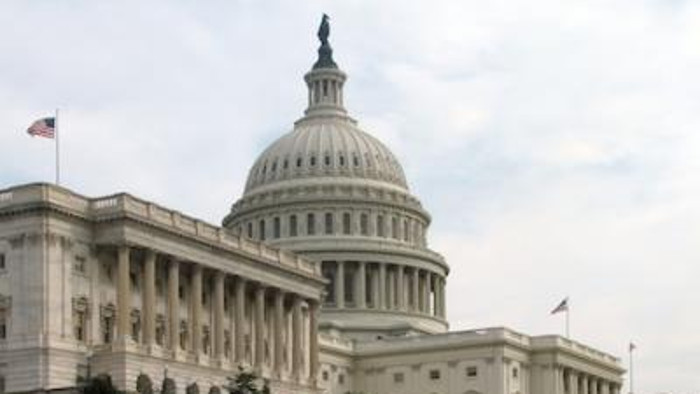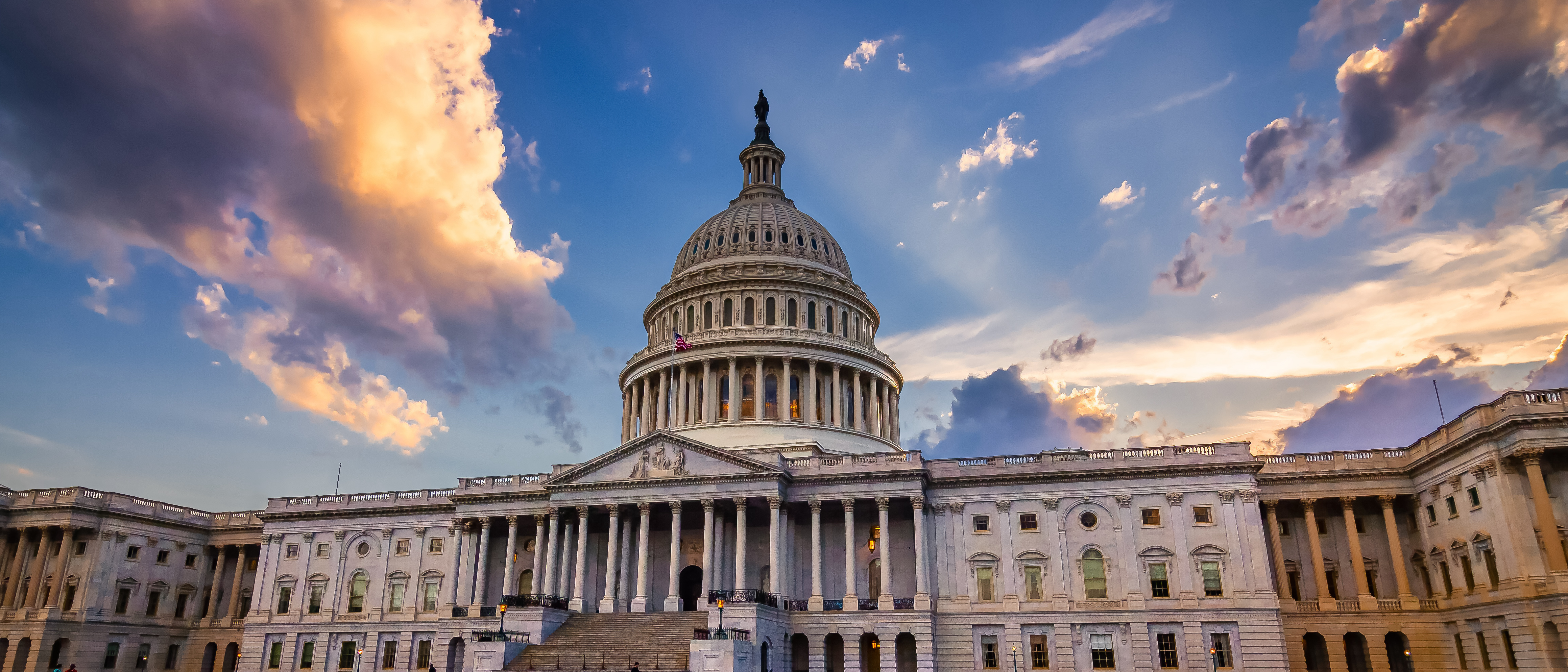Senators Draft ‘NO FAKES’ Bill to Regulate Generative AI
Coons, Blackburn, Klobuchar & Tillis say draft of bill will protect voice and likeness of actors, singers, performers, and individuals from AI-generated replicas

WASHINGTON—A bipartisan group of Senators has drafted a bill to protect media creators against the unfair use of generative artificial intelligence (AI).
Senator and Chair of the Senate Judiciary Subcommittee on Intellectual Property Chris Coons (D-Del.), along with Sens. Marsha Blackburn (R-Tenn.), Amy Klobuchar (D-Minn.), and Thom Tillis (R-N.C.) say the “Nurture Originals, Foster Art, and Keep Entertainment Safe” (NO FAKES) Act strikes a balance between protecting copyrighted works and free speech.
The draft comes amid growing concern over the popularity of new generative AI tools such as ChatGPT and MidJourney, an issue that has roiled Hollywood, causing both writers and actors to strike against studios.
“Generative AI has opened doors to exciting new artistic possibilities, but it also presents unique challenges that make it easier than ever to use someone’s voice, image, or likeness without their consent,” said Senator Coons. “Creators around the nation are calling on Congress to lay out clear policies regulating the use and impact of generative AI, and Congress must strike the right balance to defend individual rights, abide by the First Amendment, and foster AI innovation and creativity. I am thankful for the bipartisan partnership of Senators Blackburn, Klobuchar, and Tillis as we work to protect all individuals from unauthorized replication and ensure that the United States sets clear rules governing the intersection of AI and intellectual property.”
(Read: UN Conference to Focus on Impact of AI on the Film Industry)
The NO FAKES Act would prevent a person from producing or distributing an unauthorized AI-generated replica of an individual to perform in an audiovisual or sound recording without the consent of the individual being replicated. The person creating or sharing the unauthorized replication would be liable for the damages caused by the AI-generated fake. Exclusions are provided for the representation of an individual in works that are protected by the First Amendment, such as sports broadcasts, documentaries, biographical works, or for purposes of comment, criticism, or parody, among others.
With the rapid advance of generative AI, creators have already begun to see their voices and likenesses used without their consent in videos and songs, the senators noted in their announcement. Notably, the song “Heart on my Sleeve,” which used AI-generated likenesses of the voices of pop stars Drake and The Weeknd, accumulated hundreds of thousands of listens on YouTube, Spotify, and other streaming sites within days and was poised to appear on streaming charts before it was removed by streaming services.
Get the TV Tech Newsletter
The professional video industry's #1 source for news, trends and product and tech information. Sign up below.
Actors union SAG-AFTRA, which was involved in negotiations over ending its walkout with the studios before talks broke down this week, applauded the move.
“A performer’s voice and their appearance are all part of their unique essence, and it’s not ok when those are used without their permission. Consent is key, and I’m grateful that Sens. Coons, Blackburn, Klobuchar and Tillis are working to give performers recourse and providing tools to remove harmful material,” said SAG-AFTRA President Fran Drescher.A bipartisan group of Senators has drafted a bill to protect media creators agains the unfair use of generative artificial intelligence (AI).
Text of the draft is available here.
Tom has covered the broadcast technology market for the past 25 years, including three years handling member communications for the National Association of Broadcasters followed by a year as editor of Video Technology News and DTV Business executive newsletters for Phillips Publishing. In 1999 he launched digitalbroadcasting.com for internet B2B portal Verticalnet. He is also a charter member of the CTA's Academy of Digital TV Pioneers. Since 2001, he has been editor-in-chief of TV Tech (www.tvtech.com), the leading source of news and information on broadcast and related media technology and is a frequent contributor and moderator to the brand’s Tech Leadership events.

